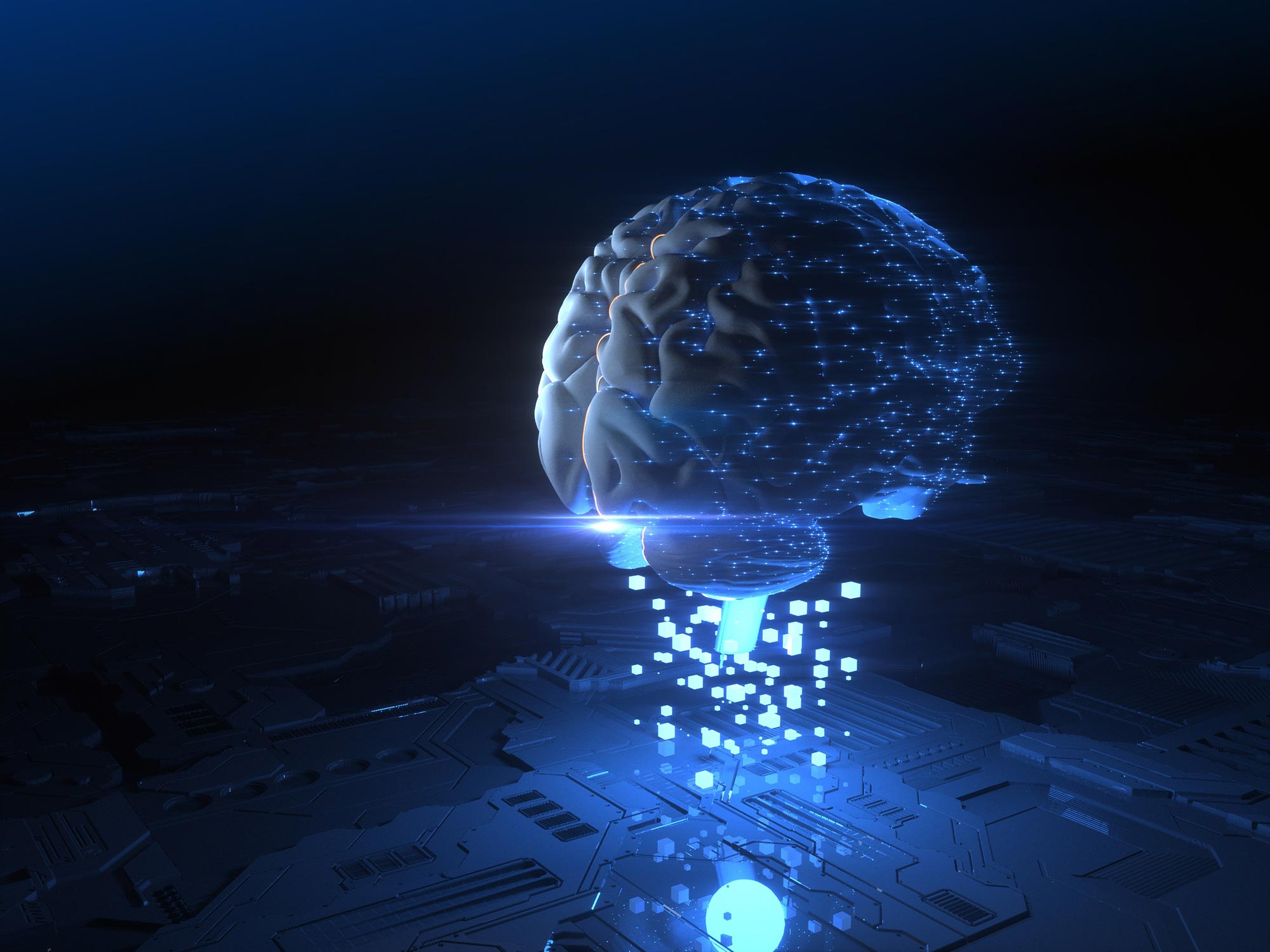NUS Medicine Develops Advanced AI Technology for Early Detection of Brain Disorders

**NUS Medicine Develops Advanced AI Technology for Early Detection of Brain Disorders**
In a groundbreaking development that could revolutionize the field of neurology, the Yong Loo Lin School of Medicine at the National University of Singapore (NUS Medicine) has unveiled an advanced artificial intelligence (AI) technology designed to enhance the early detection of brain disorders. This cutting-edge innovation promises to significantly improve diagnostic accuracy, reduce healthcare costs, and ultimately save lives by enabling timely intervention for patients with neurological conditions.
### The Growing Need for Early Detection of Brain Disorders
Brain disorders, including Alzheimer’s disease, Parkinson’s disease, stroke, epilepsy, and brain tumors, are among the leading causes of disability and death worldwide. According to the World Health Organization (WHO), neurological disorders account for nearly 6.3% of the global disease burden. Early detection is critical for effective treatment, as many brain disorders progress silently in their initial stages, often going undiagnosed until symptoms become severe.
Traditional diagnostic methods, such as magnetic resonance imaging (MRI), computed tomography (CT) scans, and electroencephalograms (EEGs), rely heavily on the expertise of radiologists and neurologists to interpret complex data. However, human interpretation is subject to variability, and subtle abnormalities can sometimes be overlooked. This is where AI technology steps in to bridge the gap, offering unparalleled precision and efficiency.
### The Role of AI in Neurological Diagnostics
The AI technology developed by NUS Medicine leverages advanced machine learning algorithms and neural networks to analyze vast amounts of medical data, including brain scans, genetic information, and clinical records. By identifying patterns and anomalies that may not be immediately apparent to the human eye, the system can detect early signs of brain disorders with remarkable accuracy.
One of the key features of this AI system is its ability to process data in real time. For instance, the technology can analyze MRI scans within seconds, flagging potential areas of concern for further investigation. This not only speeds up the diagnostic process but also reduces the risk of misdiagnosis.
### Key Innovations in the NUS AI Technology
1. **Deep Learning Algorithms**: The AI system employs state-of-the-art deep learning models trained on a diverse dataset of brain images and clinical cases. This ensures that the technology is robust and capable of recognizing a wide range of neurological conditions.
2. **Predictive Analytics**: Beyond diagnosis, the AI tool can predict the likelihood of disease progression based on historical data and patient-specific risk factors. This enables clinicians to tailor treatment plans and monitor patients more effectively.
3. **Multimodal Integration**: The technology integrates data from multiple sources, including imaging, blood biomarkers, and genetic tests, to provide a comprehensive assessment of brain health. This holistic approach enhances diagnostic accuracy and reduces the need for invasive procedures.
4. **User-Friendly Interface**: Designed with clinicians in mind, the AI system features an intuitive interface that presents findings in a clear and actionable format. This ensures that healthcare professionals can easily interpret the results and make informed decisions.
### Real-World Applications and Impact
The AI technology developed by NUS Medicine is already being tested in clinical settings, with promising results. In pilot studies, the system demonstrated a diagnostic accuracy rate of over 90% for conditions such as Alzheimer’s disease and glioblastoma, a type of brain cancer. Additionally, the technology has shown potential in detecting microbleeds and other subtle abnormalities associated with stroke and traumatic brain injury.
The implications of this innovation are far-reaching. For patients, early detection means access to timely treatment, improved quality of life, and better long-term outcomes. For healthcare providers, the technology reduces the burden on specialists, allowing them to focus on complex cases while the AI handles routine screenings. On a broader scale, the adoption of AI in neurology could lead to significant cost savings for healthcare systems worldwide.
### Ethical Considerations and Future Directions
While the benefits of AI in healthcare are undeniable, the technology also raises important ethical questions. Issues such as data privacy, algorithmic bias, and the potential for over-reliance on AI must be carefully addressed to ensure that the technology is used responsibly. NUS Medicine has emphasized its commitment to ethical AI development, incorporating rigorous safeguards to protect patient data and ensure transparency in decision-making.
Looking ahead, the team at NUS Medicine plans to expand the capabilities of their AI system to include other neurological conditions, such as multiple sclerosis and autism spectrum disorders. They are also exploring collaborations with international research institutions and healthcare organizations to refine the technology and make it accessible to a global audience.
### Conclusion
The development of advanced AI technology for the early detection of brain disorders by NUS Medicine marks a significant milestone in the intersection of artificial intelligence and healthcare. By harnessing the power of AI, clinicians can diagnose and treat neurological conditions more effectively, improving outcomes for millions of patients worldwide. As this technology continues to evolve, it holds the promise of transforming the way we understand, diagnose, and manage brain health, paving